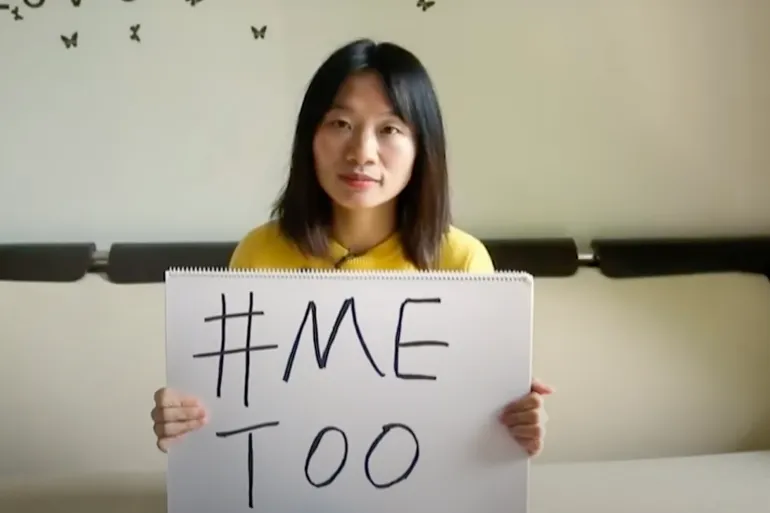China’s #MeToo champion sentenced to jail: A blow to activism

In a controversial development, Sophia Huang Xueqin, an important figure in China’s #MeToo movement, has been handed a five-year prison sentence for alleged subversion against the state.
This decision, along with the three-year and six-month sentence for labor activist Wang Jianbing, has sparked outrage and concern among activists and human rights advocates.
Huang, known for her tireless efforts in shedding light on sexual abuse and advocating for women’s rights, was one of the leading voices in China’s feminist circles.
Her groundbreaking work and outspokenness against misogyny in Chinese newsrooms made her a target for authorities.
The trial, shrouded in secrecy with a closed-door hearing, raised questions about transparency and due process.
Supporters argue that Huang and Wang were detained for their role in hosting discussions and forums on social issues, a move seen as a threat to the government’s control over public discourse.
The international community, including Amnesty International, condemned the verdict as “malicious and unjust,” highlighting China’s crackdown on activists and dissenting voices.
The convictions underscore the challenges faced by those advocating for human rights and civil liberties in China.
Despite the setback, supporters of Huang and Wang vow to continue their fight for justice and social change.
The case serves as a stark reminder of the risks and obstacles confronting activists in authoritarian regimes, where speaking out against injustices can lead to imprisonment and persecution.











